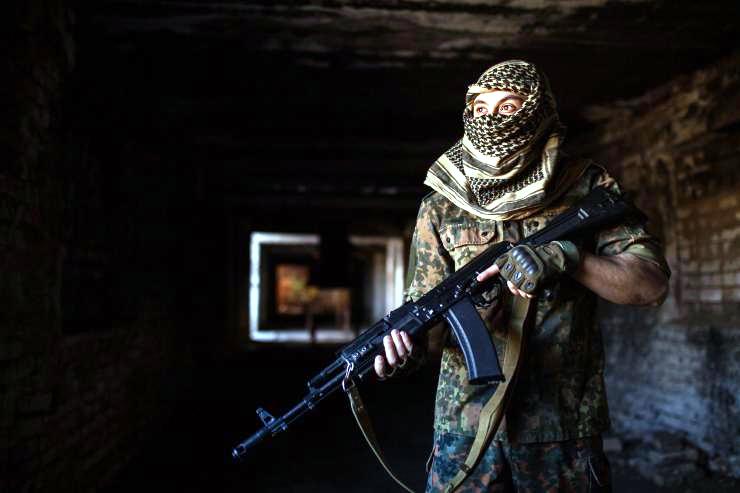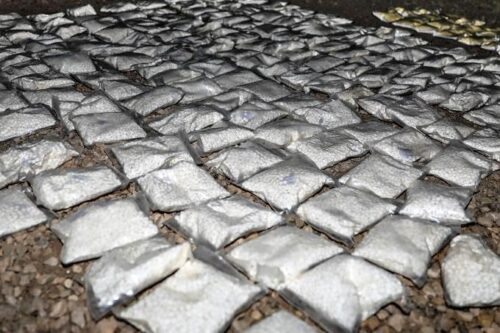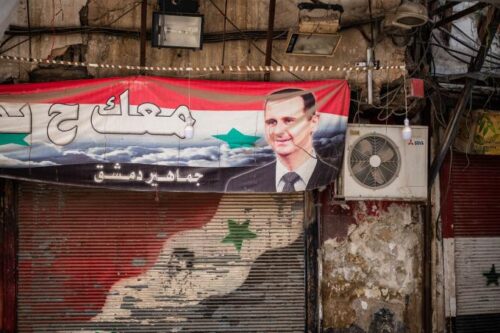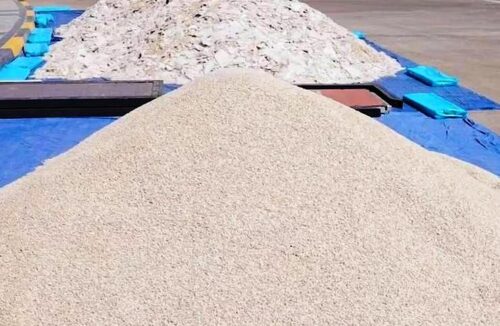Captagon. The New Drug of those Fighting in Syria.

It has spread to the entire Persian Gulf, representing, to date, a new threat also for Europe.
Captagon is the name given to phenethylline, a synthetic stimulant, a narcotic that causes disinhibiting effects and gives a sense of invincibility, considerably altering the perception of what one is doing, facilitating acts of extreme violence, as well as improving physical resistance.The rapid spread of Captagon is due to the fact that the synthesis of phenethylline requires cheap and legal raw materials, and no sophisticated equipment, thus allowing its production in clandestine laboratories and its abuse in the Middle East and North Africa. In reality, the counterfeit versions, marked with the Captagon logo, available throughout the Arabian Peninsula, do not contain phenethylline due to low supplies. However, these pills contain other amphetamines and derivatives capable of inducing similar effects. In addition to being the drug most used among the wealthy young populations of the Arabian Peninsula states, it is now recognized as the drug of fighters, as it is consumed among militants and jihadists due to its effects.

127 bags of Captagon seized in Syria. File: US/Christopher Brown
Captagon is in fact used by the soldiers of the Islamic State for its fear-inhibiting effects; the drug makes them euphoric and full of adrenalin, thus allowing them to fight for a long period of time. Furthermore, it raises the pain tolerance threshold and reduces the level of tiredness, allowing terrorists to function even with little sleep, without feeling tired and without a significant decrease in attention or strength.
To date, Syria has been found to be the main producer, consumer and exporter of Captagon, thanks to its strategic position at the crossroads of the Middle East, which allows its distribution to neighboring countries and renders smuggling easier. The pills retail for between $5 and $20 and are one of the most widely used substances in the region. This represents a substantial source of income for Syria. Data show that, in 2021 alone, the Syrian regime earned $5.7 billion from the Captagon trade. Faced with the paralyzed economy due to the civil war that began in 2011, the regime of Bashar al-Assad, to address the crisis and with the support of Iran, supported cooperation between Iranian militia groups, their allies such as the Lebanese Hezbollah, and some Syrian army leaders to sell various types of drugs outside Syria.

Syria has been found to be the main producer, consumer and exporter of Captagon, ©hanohiki/123RF.COM
Over the past three years, the boom in Captagon production has attracted the attention of various manufacturers and smugglers, who generally send shipments from the northern port of Latakia which has been under the control of the Assad family since the 1980s, using the commercial sea routes, and overland through Jordan, to reach consumption centers in the Persian Gulf.
In fact, in addition to Syria, the drug is also widespread in Saudi Arabia (which appears to be the main destination of this market), the United Arab Emirates, Turkey, Lebanon, and Iraq.
Among the destinations of the Captagon, not even Europe seems unlikely. The national law enforcement agencies of various European countries, including Italy and Germany, have often confiscated large quantities of containers containing Captagon pills. In reality, the drug is not yet widespread in the West, but its diversion through Europe is part of the plan outlined by smugglers to deceive customs officials in Saudi Arabia and Dubai. In fact, once in Europe, the containers are repacked and sent back south to the Gulf.

A portion of the 86 million Captagon pills police in Dubai say was seized. File: Police Dubai
On April 24, the Council of the European Union outlined a list of 25 people and 8 entities responsible for the production and trafficking of drugs, in particular Captagon. Various members of the Assad family have been identified, accused of promoting instability and corruption in the country thanks also to drug trafficking, leaders and members of regime-affiliated militias, as well as people associated with the Syrian army and Syrian military intelligence.
Meanwhile, the EU remains committed to finding a lasting and credible political solution to the conflict in Syria on the basis of UN Security Council Resolution 2254 and the 2014 Geneva Communiqué.
However, faced with this new scenario, it is important that a plan to restore the country includes projects and tools aimed at dismantling this deep-rooted dynamic which currently supports the regime’s economy, worsening an already highly unstable political and social situation. (File: 123rf)
Erika Russo/CgP



